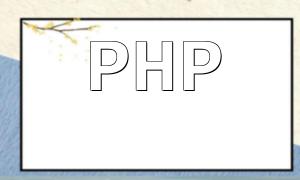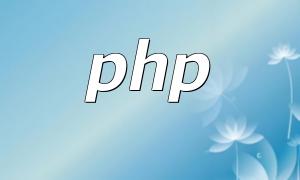PHP is a loosely typed language, which means variables do not need explicit type declarations. However, PHP supports several basic data types, including integers, floats, strings, booleans, arrays, objects, and null.
Integers represent whole numbers, such as 10, -5, or 12345.
Floats represent numbers with decimal points, for example 3.14, -12.5, or 1.6e5.
Strings are sequences of characters, enclosed in single or double quotes, for example "Hello, world!", 'PHP', or "123".
Booleans have two possible values: true and false, used for logical conditions.
Arrays are used to store ordered collections of values, represented using square brackets, for example
$arr = [1, 2, 3];
Objects represent instances of a class and are used to encapsulate properties and methods.
Null represents an unset or non-existent value, usually written as
NULL.
PHP can automatically convert a variable from one type to another depending on context, for example:
You can use the gettype() function to check a variable's type. This function returns a string describing the variable's type, for example:
$x = 10; echo gettype($x); // Output: integer









